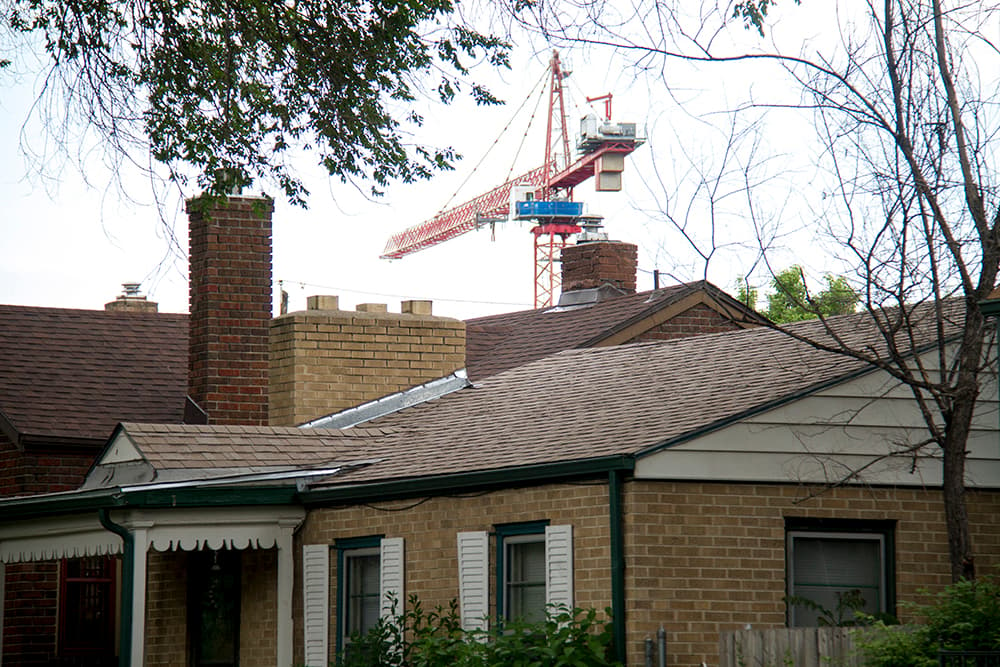There's no need to bury cash in the backyard, but Denver is raking in less money from sales taxes than expected and the city's finance officials are closely monitoring the situation.
Its coffers are still growing, but at a slower rate. Sales and use taxes have dropped compared to last year. That revenue funds about half of Denver's general budget.
People are still buying stuff, just not at the same clip. In the first quarter of 2019, sales tax income grew at a rate of 2.6 percent, compared to more than 8 percent over the same period last year, according to the city's budget office. Officials had forecasted 5.5 percent growth.
"The message there is that we still have growth, so we're not talking about recessionary conditions here," said Brendan Hanlon, the city's chief financial officer. "It's a caution that we need to look out at the horizon because we have been experiencing really robust growth and that's not a permanent proposition."
In 2018, the city pulled in $692 million in sales tax revenue over the course of the year.
Other financial indicators like unemployment, hotel taxes and revenue from fees and fines still point to a sturdy economic outlook, Hanlon said, though construction has softened.
Metro Denver's unemployment rate sits at 2.7 percent. Lodging taxes, which point to a strong tourism market, are growing at a rate of between 4 and 5 percent.
The local economy mirrors the state's. Fewer people moving here is one reason for the slowdown, said Brian Lewandowski, associate director of the University of Colorado Business Research Division.
"It's a growth increase at a decreasing rate," Lewandowski said. "The collections are still higher than they were last year they're just not growing at the same robust rate of the last several years."
Still, Colorado's economic growth outpaces the country's. The change of pace is easy to feel because we're so used to explosive growth, said Hanlon.
The city says it has an umbrella handy for a rainy day.
Denver's charter requires reserving 2 percent of its entire general fund budget, or about $28 million, for contingency. That's the first line of defense in the event of a severe slowdown or a natural disaster.
The city also has a healthy fund balance -- sort of like a savings account -- that it used to help climb out of the Great Recession. Hanlon said the city is already planning for more depressed conditions.
"That's what we're starting to do internally, is say that if this performance continues, how do we effectively manage our divisions?" he said. "Not that we have to overreact at this point."













